Friday Feb 20, 2026
Friday Feb 20, 2026
Saturday, 11 May 2019 00:00 - - {{hitsCtrl.values.hits}}
From the multiplex to the art house, here are the top 5 of the year’s 25 standout films as selected by Esquire.com
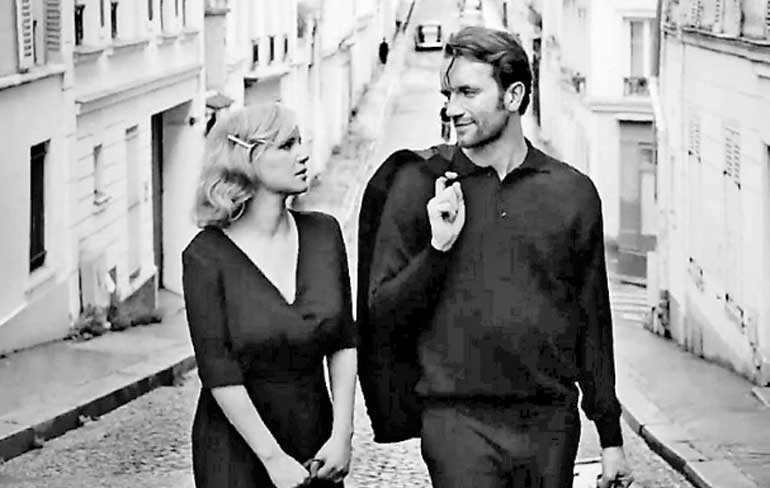
COLD WAR
An ethnomusicologist and an aspiring young singer are gripped by l’amour fou in Pawel Pawlikowski’s Cold War, whose rapturous black-and-white cinematography and lyrically oblique style are reminiscent of the director’s prior, Academy Award-winning Ida.
Repeatedly thrust together and torn apart by their ardent passion, Wiktor (Tomasz Kot) and Zula (Joanna Kulig) meet in Poland in the late 1940s when he hires her to be a member of his folk music troupe. Over the ensuing decade, the pair realise that they can’t stand to be apart, even if being together is also unsustainable—a push-pull dynamic in which the personal is, given their communism-defined circumstances, also deeply political.
Wiktor’s subsequent flight to Paris to be a jazz musician does nothing to dull their love for each other, and Pawlikowski dramatises their unique bond through painterly imagery and an editorial structure that suggests much through unexpected cuts. Theirs is an affair of complex volatility, with Kot and Kulig exhibiting an old-school charisma that enhances the proceedings’ swoon-worthy allure.
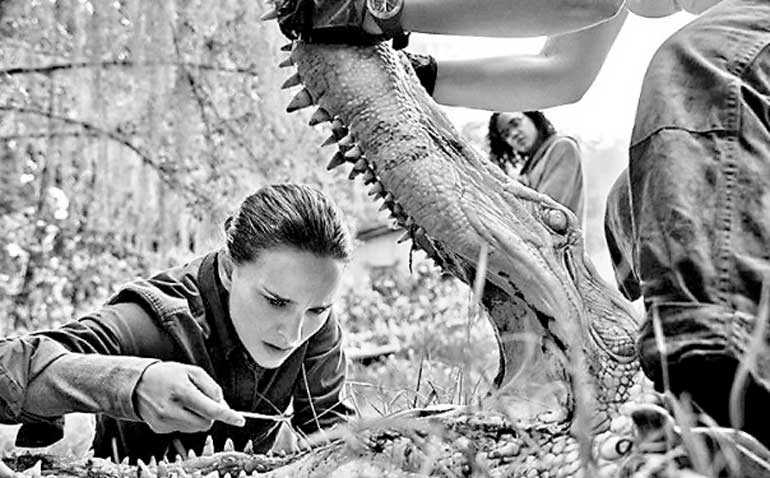
ANNIHILATION
Annihilation is the best sci-fi film in years, a mind-blowing trip into an inscrutable heart of darkness that marks writer-director Alex Garland as one of the genre’s true greats. Desperate to understand what happened to her soldier husband (Oscar Issac) on his last mission, a biologist (Natalie Portman) ventures alongside four comrades (Jennifer Jason Leigh, Tessa Thompson, Gina Rodriguez, Tuva Novotny) into a mysterious, and rapidly growing, hot zone known as the “Shimmer.”
What follows is an unsettling and hallucinatory tale of destruction and transformation, division and replication—dynamics that Garland posits as the fundamental building blocks of every aspect of existence, and which fully come to the fore during a climax of such surreal birth-death insanity that it has to be seen to be believed. Apropos for a story about nature’s endless cycles of synthesis and mutation, it combines elements of numerous predecessors (Apocalypse Now, 2001: A Space Odyssey, Stalker, The Thing) to create something wholly and frighteningly unique.
warring emotions battling for supremacy in the young bronco rider’s soul
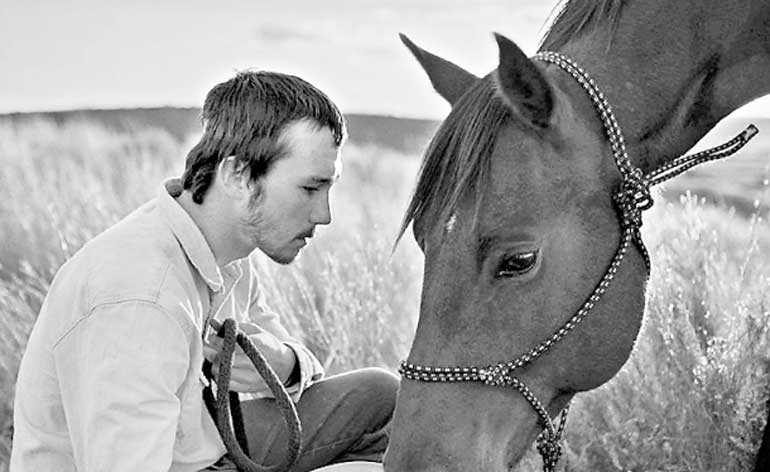
THE RIDER
The West is wild to its core in Chloé Zhao’s The Rider, a stunning verité drama about a young rodeo star facing an uncertain future after a catastrophic accident. Zhao amalgamates fact and fiction for her sophomore behind-the-camera effort, as her story is based, in part, on the life of actor Brady Jandreau (here cast alongside his own relatives and acquaintances in his native South Dakota). That life-art marriage lends potency to this ode to frontier existence, as does the quiet magnetism of its twenty-something lead.
Nonetheless, the material is truly enlivened by the director’s artful aesthetics, which balance intimate close-ups and at-a-remove panoramas of solitary figures set against expansive rural landscapes—never more so than in a late oncoming-storm shot that could double as an Old West painting. Meanwhile, multiple sequences in which Jandreau trains stallions impart a tactile sense of communion between man and beast, and in doing so, silently evoke the warring emotions battling for supremacy in the young bronco rider’s soul
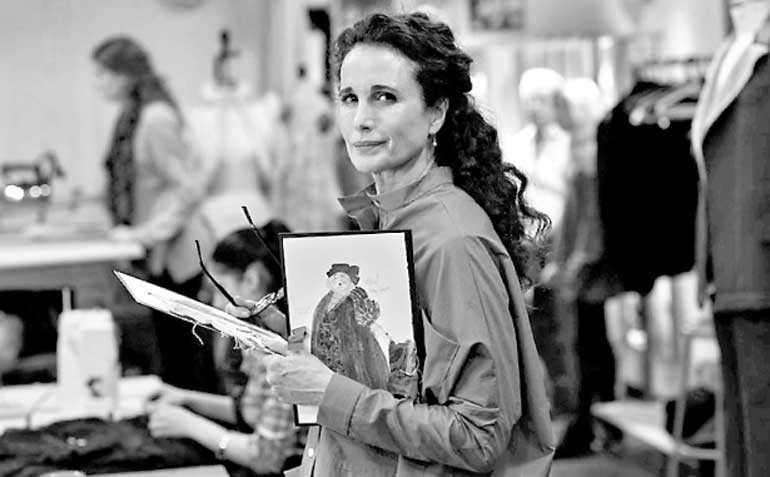
LOVE AFTER LOVE
The type of mature adult drama that mainstream American cinema rarely produces anymore, writer-director Russell Harbaugh’s exceptional debut mires itself in a thicket of barbed emotions. In the wake of her husband’s death, Suzanne (Andie MacDowell) strives to start anew, as does her son Nicholas (Chris O’Dowd)—albeit, in the latter’s case, in ways that are as clumsy as they are ugly.
Their concurrent efforts to find a way forward (romantically and otherwise) unfold with fractured grace and beauty, as Harbaugh plumbs profound depths via evocative compositional framing and a seductive editorial design. Complications soon pile on top of each other until practically no one is capable of breathing (save for during release-valve outbursts), with a piercing MacDowell and raw O’Dowd digging deeply, and touchingly, into their characters’ interior messes. What they discover, ultimately, are alternately unpleasant and inspiring truths about what we do, and what it takes, to survive in the aftermath of tragedy.
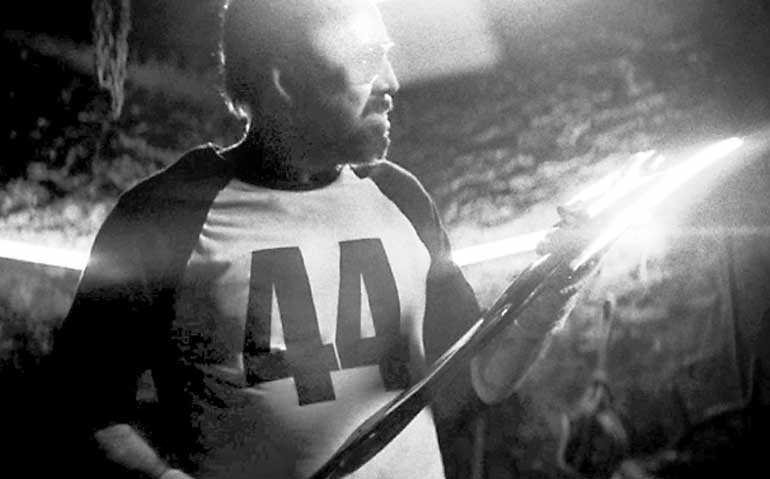
MANDY
The psychosexual hallucinatory heavy-metal grindhouse revenge saga of your cinematic dreams, Mandy is a midnight movie of mythic madness. Director Panos Cosmatos’s wickedly deviant and humorous follow-up to 2011’s Beyond the Black Rainbow concerns a woodsman named Red (Nicolas Cage) whose wife, Mandy (Andrea Riseborough), is taken hostage at their secluded forest home by cultists led by crazed guru Jeremiah Sand (Linus Roache). After that situation ends in cataclysm, Red embarks on a rampage as trippy as it is brutal, as Cosmatos creates a pulpy atmosphere of pulsating LSD-fueled doom and gloom that envelops his protagonist as he descends into ever-more-depraved territory.
Torture, mayhem, and shadowy supernatural fiends factor into this orgiastic pulp, which features—among its many euphorically insane sights—its hero lighting a cigarette from a flaming decapitated head, a boozy bathroom freak-out and the greatest big-screen chainsaw fight since 1986’s The Texas Chainsaw Massacre 2. Hovering over the action like a wide-eyed goth specter, Riseborough proves an enchanting object of black-magic desire. A maniacal Cage is equally transfixing in a turn of fantastical, often silent ferocity that culminates in a triumphant smile designed—like the gonzo film itself—to haunt your nightmares.
